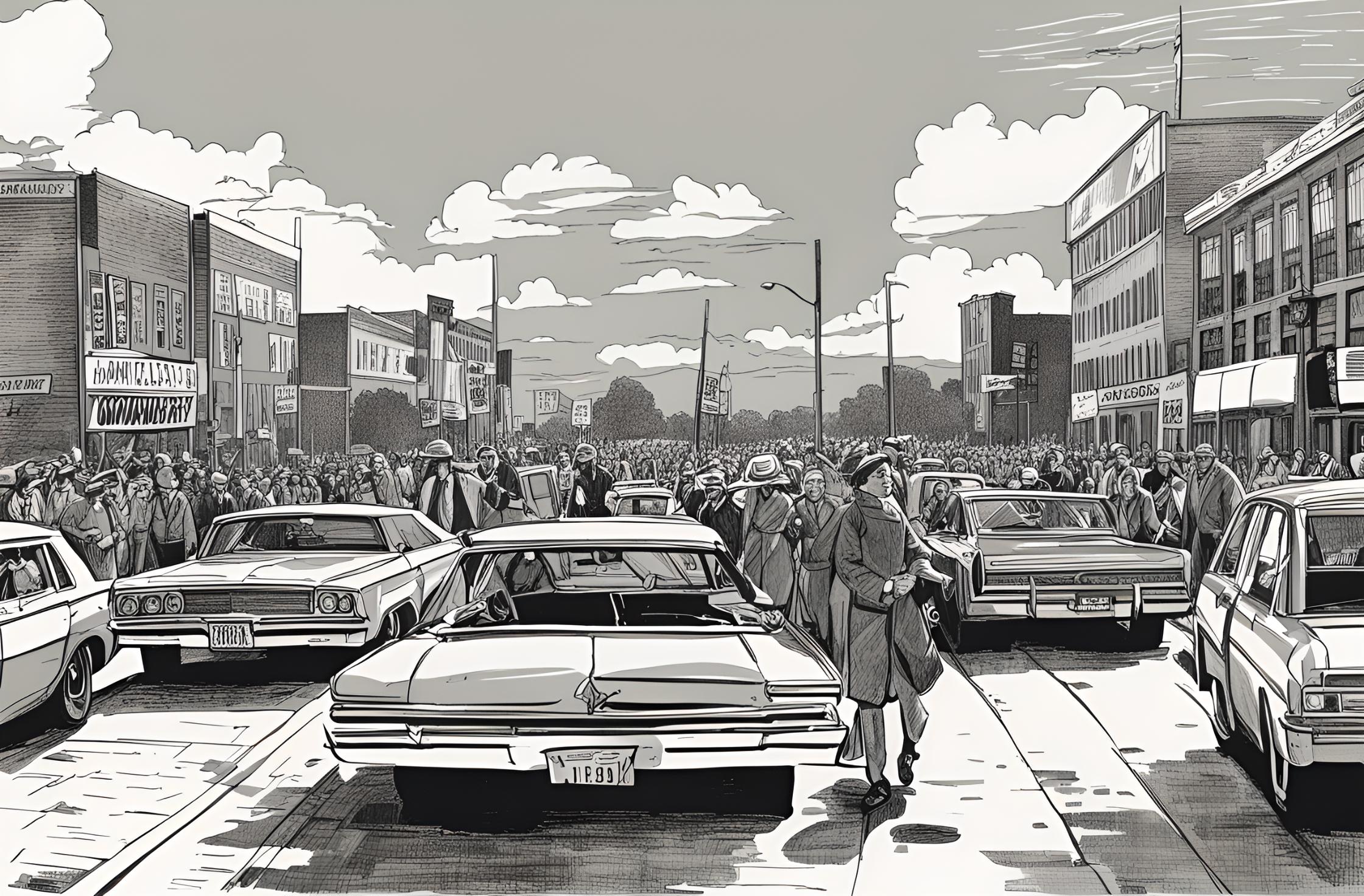Flashback to November 3
American History

The historic event of Lincoln’s Emancipation Proclamation being published in Northern newspapers on September 23, 1862, marked a pivotal turn in America’s Civil War. This moment in our nation’s history holds significant implications for our understanding of liberty, equality, and the compromise involved in the political landscape of the time.
Abraham Lincoln’s Emancipation Proclamation is, without doubt, one of the defining documents in American history, and its publication ties closely to the essence of the Civil War. The Civil War ruptured between Northern and Southern states over the issue of slavery, with the northern, admiring Lincoln, advocating for the abolition of slavery and southern states fiercely contesting it.
When the text of the Emancipation Proclamation was published in the Northern newspapers on this fateful day in September 1862, it redefined the nature of the war. Lincoln’s declaration didn’t merely make a bold statement against the atrocity of slavery. It also shifted the prism through which the Civil War was perceived, transitioning it from a struggle over state rights to a battle for human rights.
Besides, when discussing Lincoln’s Emancipation Proclamation and its publishing, one cannot overlook the strategic significance of this move. Lincoln announced the Emacipation plan a few days after the Union’s victory at Antietam. The victory provided a strong backdrop, boosting the morale of Union soldiers and supporters. This Proclamation issuance effectively deterred the involvement of foreign powers who were contemplating offering support to the Confederacy. The objective was clear: slavery was to become a thing of the past.
The Northern newspapers played a crucial role in disseminating the monumental decree beyond the District of Columbia’s borders. The words of Lincoln’s Emancipation Proclamation reached not just the northern states but proliferated into the heart of the Confederacy. The proclamation, as published, directly promised freedom to more than 3.5 million enslaved African Americans in the Confederate territory.
However, Lincoln’s Proclamation wasn’t universally praised, even in the North. There were misgivings and doubts among moderate Unionists and War Democrats who feared that such a proclamation might prompt slave states that hadn’t seceded to do so. Yet, the Proclamation remained firm. It became a symbol of hope for millions and galvanized many African Americans to contribute to the Union’s cause, with almost 200,000 enlisting in the Union forces.
Moreover, the proclamation reshaped the national dialogue on race, prompting discussions on racial equality that would eventually build up to the Civil Rights Movement nearly a century later. While the Emancipation Proclamation did not immediately end slavery, it set the stage for the passage of the 13th Amendment in 1865, which abolished slavery in all American states.
Furthermore, the role of Northern newspapers in disseminating this crucial information adds to the significance of the media in shaping public opinion and advancing societal transformation. The newspaper reports heralded a new era in human rights and positioned the Northern states as advocates of universal equality and freedom.
To conclude, the publication of Lincoln’s Emancipation Proclamation in Northern newspapers on September 23, 1862, was a monumental moment in American history. It not only changed the course of the Civil War but also put the nation on the path to ending slavery and advancing socio-political discussions on racial equality. Notwithstanding criticisms, the Proclamation remained one of the most game-changing and beneficial laws in human rights history.
We strive for accuracy. If you see something that doesn't look right, click here to contact us!
Sponsored Content

Greensboro Massacre
On November 3, 1979,…

Electronics retailer Circuit City…
"On November 3, 2008,…

At Arlington National Cemetery,…
"On November 3, 1995,…

“Black Bart the Po-8”…
On November 3, 1883,…

